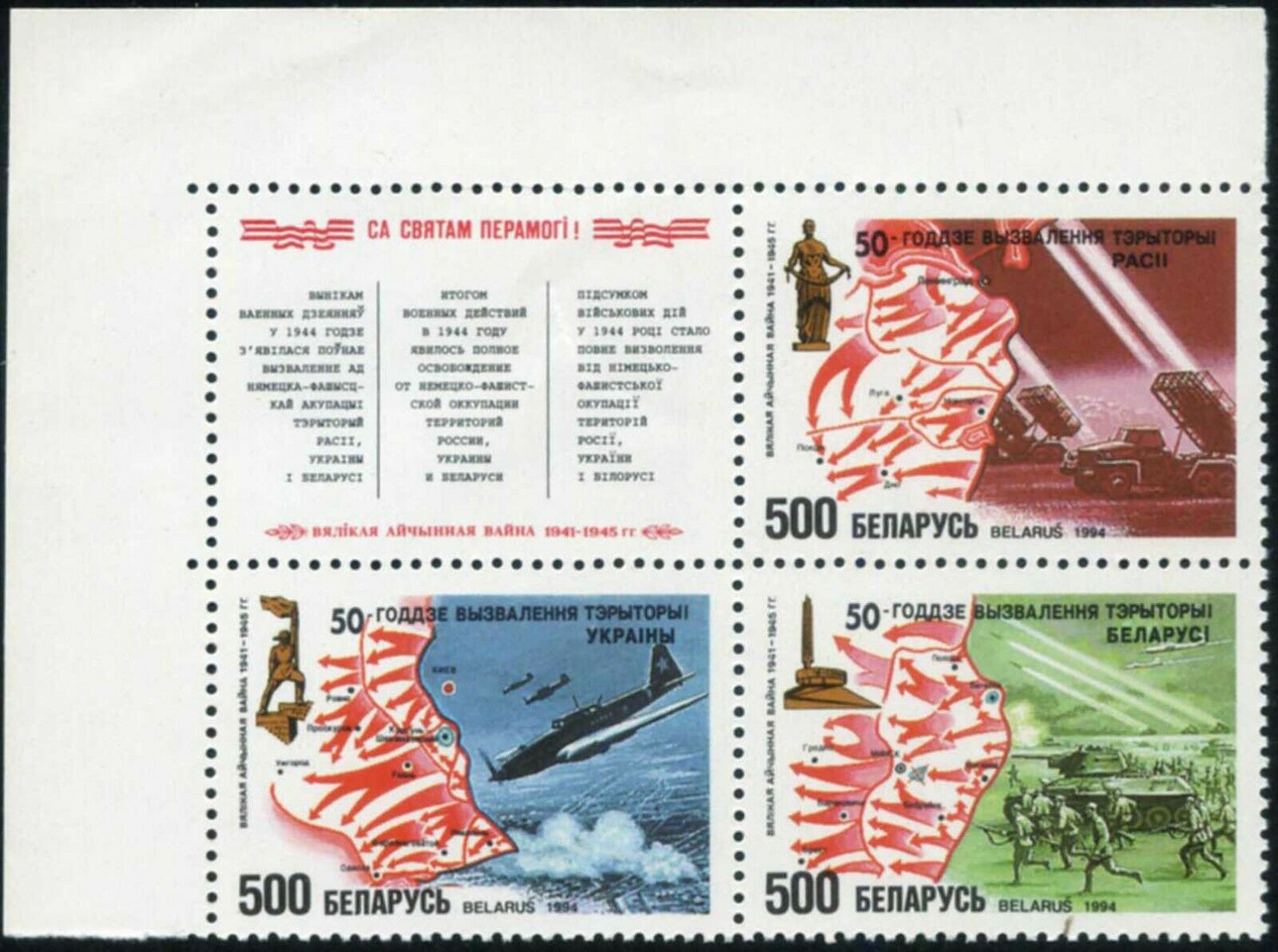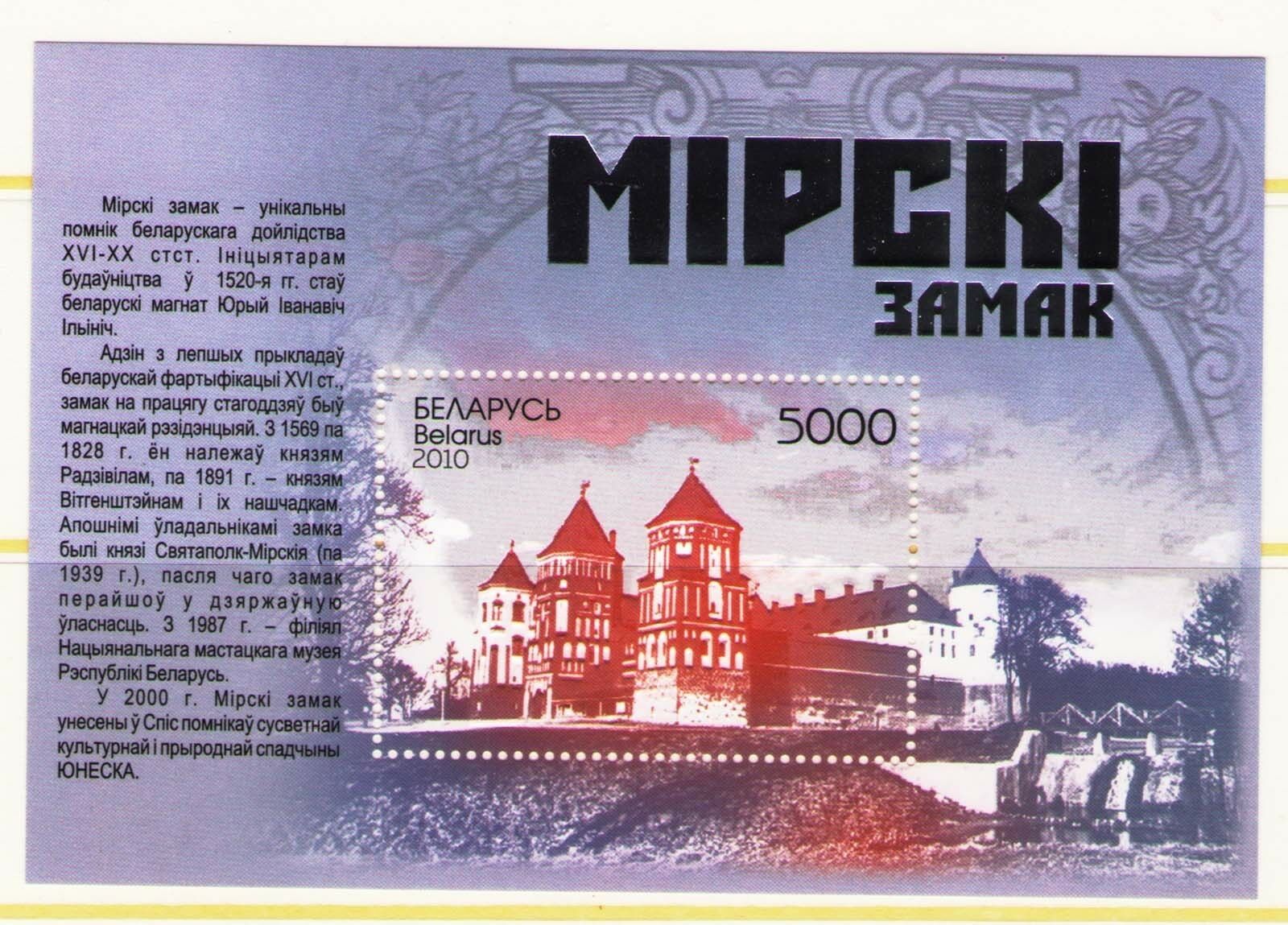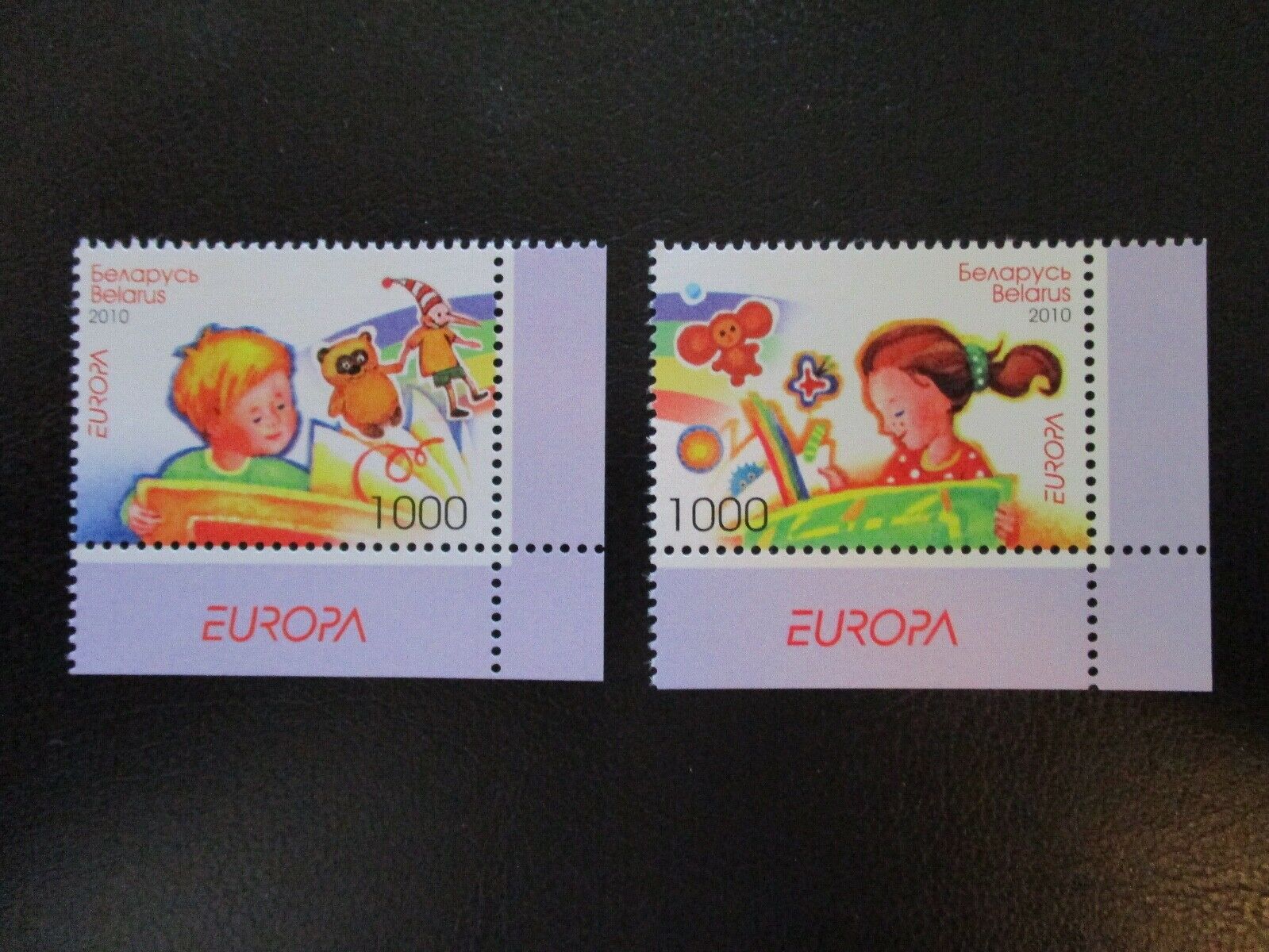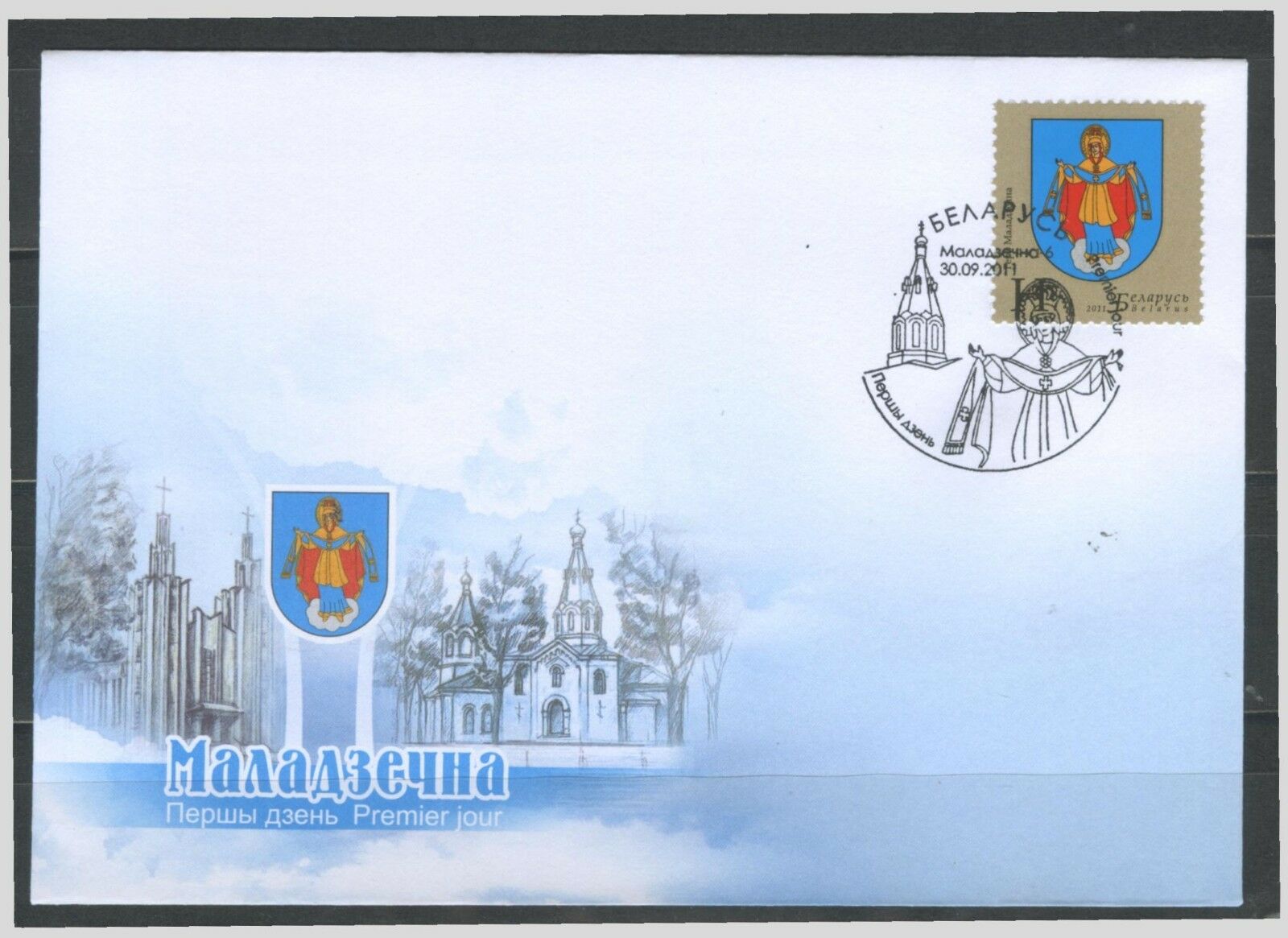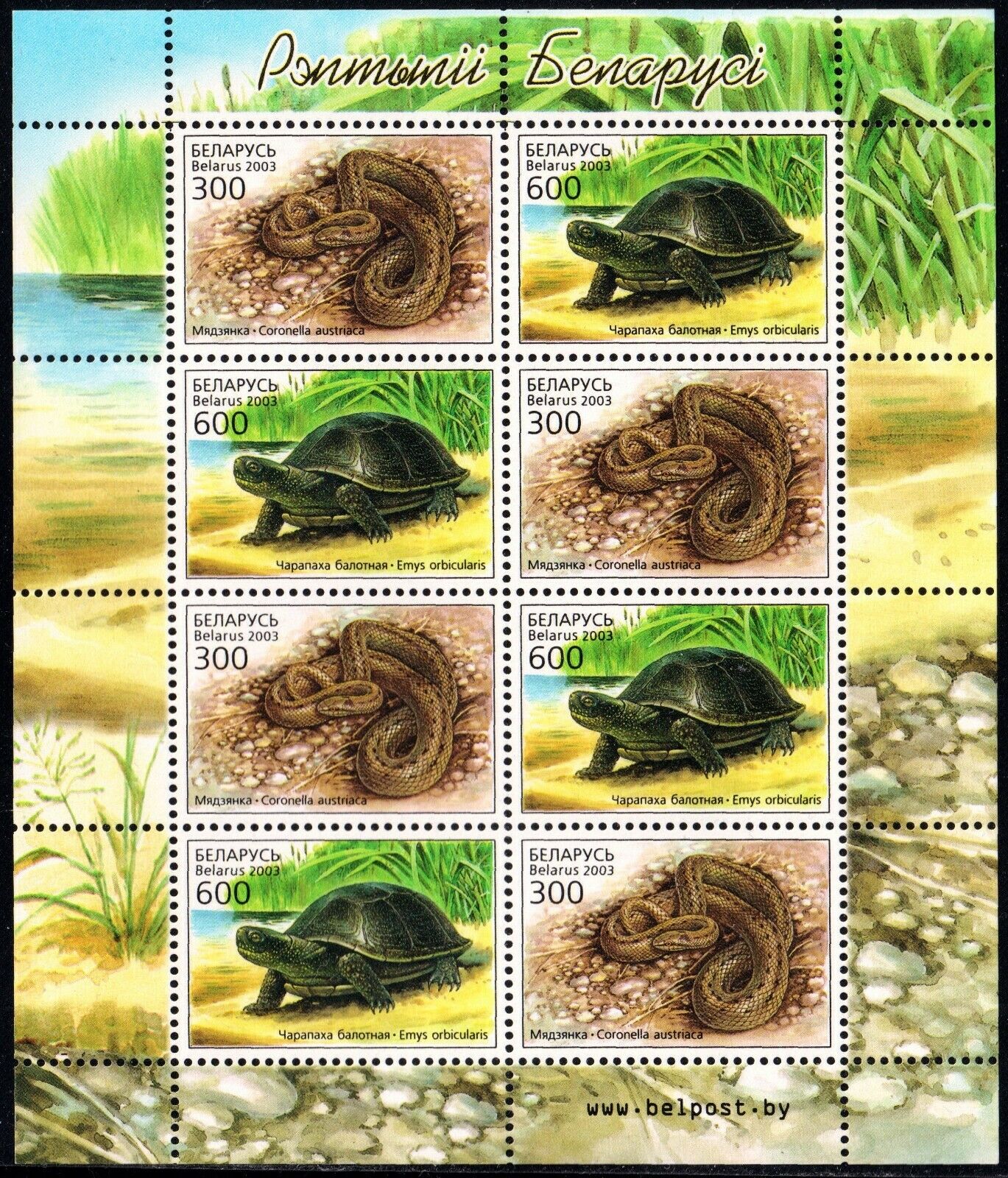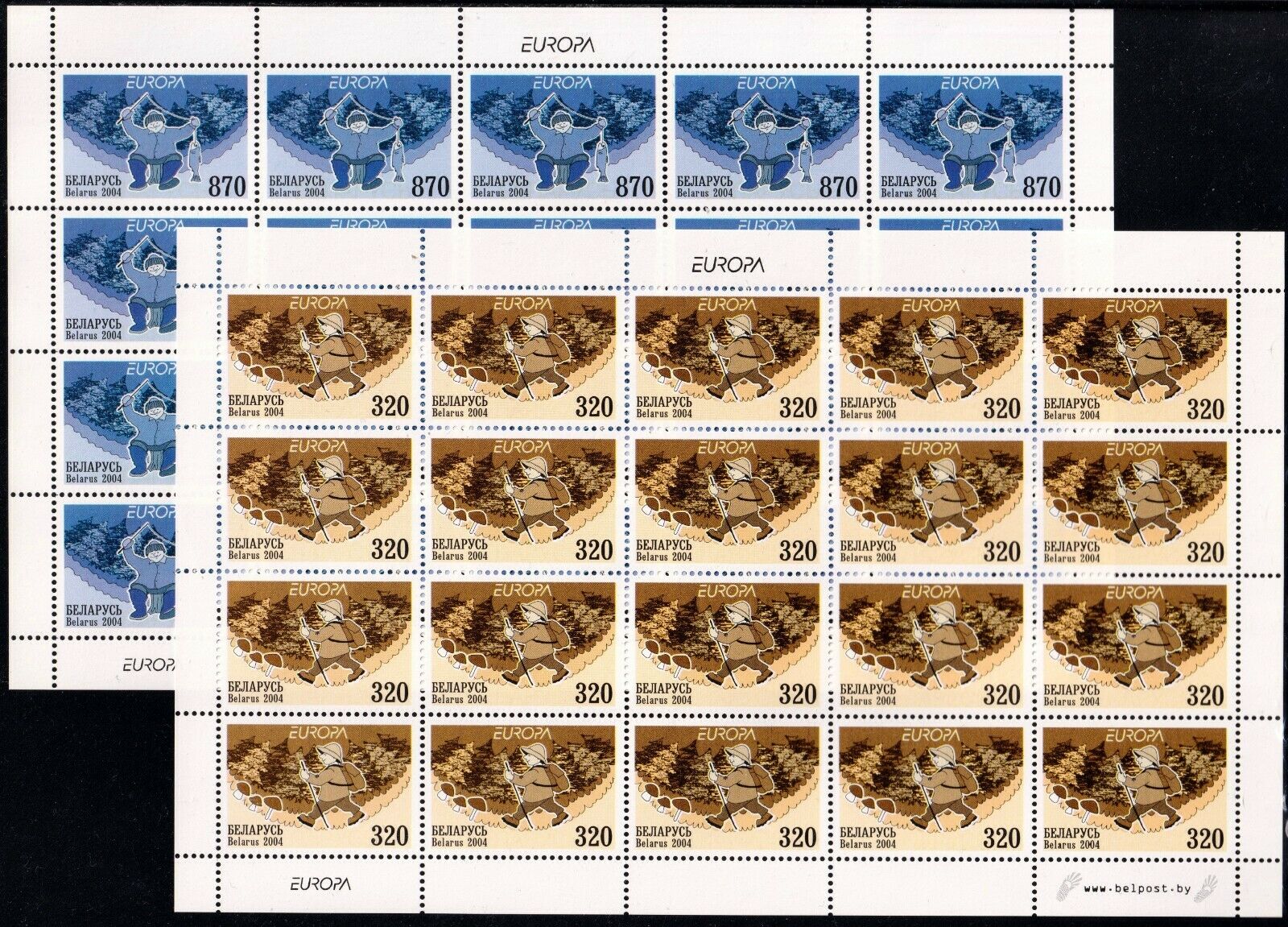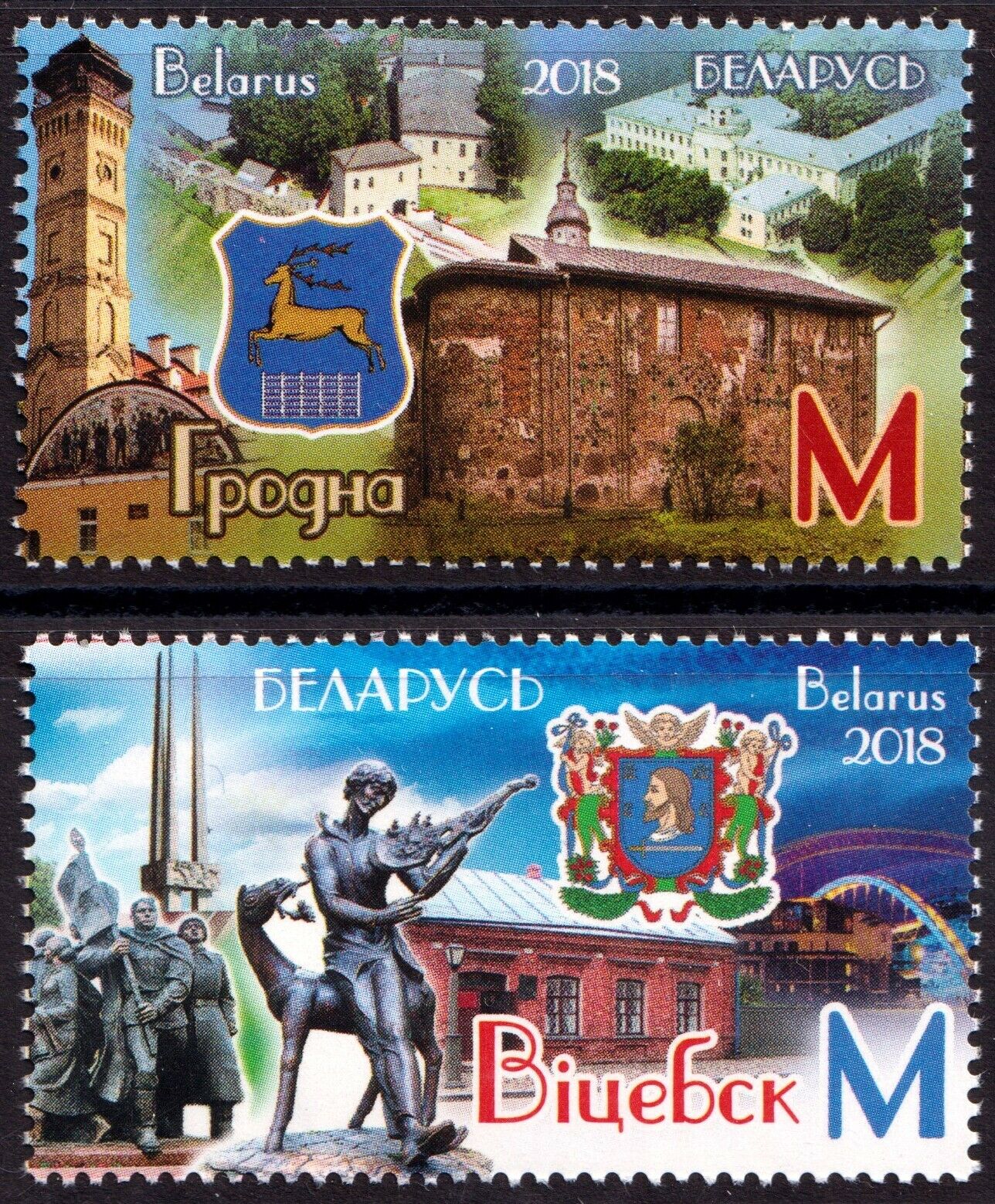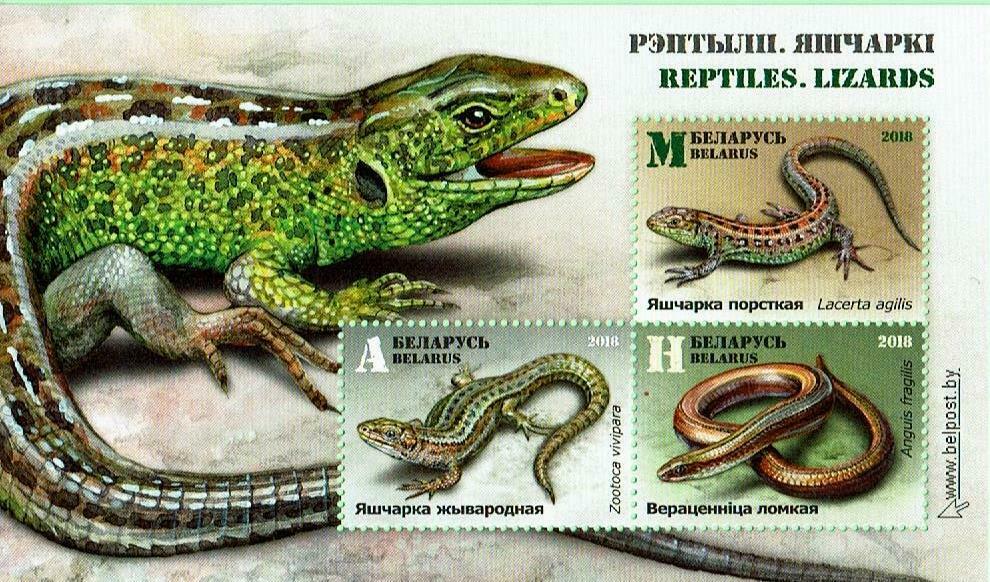-40%
Postcard of BELARUS - The Struve Geodetic Arc ( UNESCO Heritage )
$ 1.29
- Description
- Size Guide
Description
Postcard of BELARUS - The Struve Geodetic Arc. (UNESCO Heritage)The Struve Geodetic Arc is a chain of survey triangulations stretching from the Black Sea to Norway’ northern coast on the initiative of Friedrich Georg Wilhelm Struve (1793-1864) for the measurement of the shape and size of the planet Earth. The measurement of the arc is an exceptional example of different countries scientists’ and monarchs’ cooperation with a scientific aim. The length of the arc is 2,820 km. When the arc was created and more than a century later it was the longest measured meridian arc. It passes through the territory of today’s Norway, Sweden, Finland, Russia, Estonia, Latvia, Lithuania, Belarus, Moldova and Ukraine. The original arc consisted of 258 main triangles and 265 main station points. Thirty-four of the original station points today survive, and three of them are situated in Estonia, one in the Tartu Observatory and two in Simuna in the West-Viru County. Since 2005 the Struve Geodetic Arc is a UNESCO world heritage site.
Struve was born at Altona 15.4 1793, in what is now Germany, the son of Jacob Struve (1755–1841), and was the second of an entire family of astronomers through five generations. He was the great-grandfather of Otto Struve and the father of Otto Wilhelm von Struve. He was also the grandfather of Hermann Struve, who was Otto Struve's uncle.
In 1808 he entered the University of Tartu in the Russian Empire, where he first studied philology, but soon turned his attention to astronomy. From 1813 to 1820 he taught at the university and observed at Dorpat Observatory in Tartu, and in 1820 became a full professor and director of the observatory.
Friedrich Georg Wilhelm von Struve remained at Tartu, occupied with research on double stars and geodesy until 1839, when he founded and became director of the new Pulkovo Observatory near St Petersburg. Among other honors, he won the Gold Medal of the Royal Astronomical Society in 1826. He retired in 1861 due to failing health. He died 23.11.1864.
Shipping and handling:
International regular mail - 2.95$ Registered mail is 7.90$
Combined shipping available -
NO extra charge for additional stamps/ FDCs
.
Payment: PayPal.
!! ATTENTION !! Buyers from RUSSIA and BELARUS. I will ship ONLY by registered mail – 6.50$.
B
нимание
покупатели из России
и Беларусь -
Отправка
Ваш
ег
о
заказ
а только
заказным письмом - 6.50$


